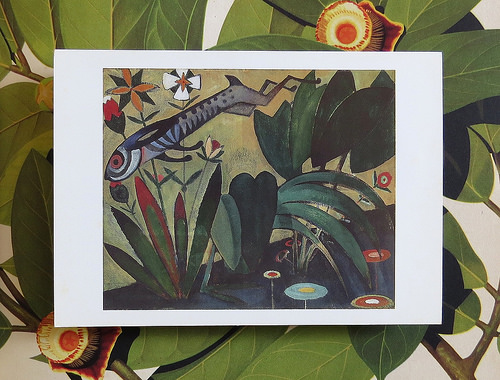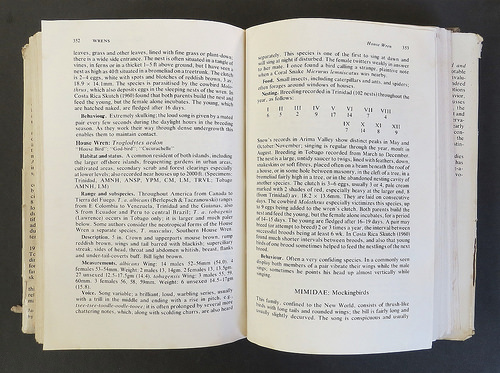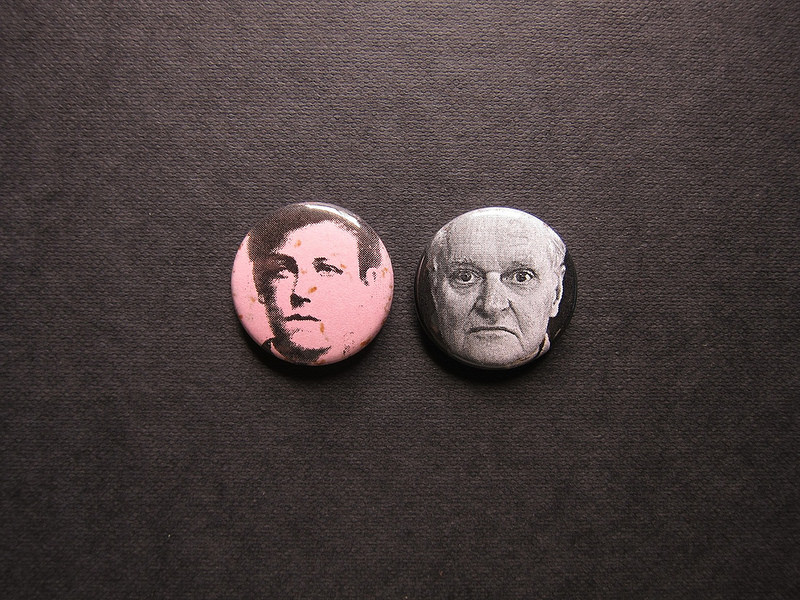In the past seven and a half years,
Alice Yard has hosted roughly three hundred public events, by my approximate count. These have included exhibitions and artists’ projects, performances, discussions, readings, and film screenings organised and curated by the three co-directors, my colleagues Sean Leonard, Christopher Cozier, and myself; the “Conversations in the Yard” series run by Sheldon Holder from 2006 to 2008; and events of all kinds organised by all kinds of people for which we lend our main space in Woodbrook and our adjunct Granderson Lab in Belmont.
This is not to mention the numerous activities that happen in the yard out of the public eye: countless hours spent by artists imagining and making, and by musicians rehearsing (almost every night of the week); conversations, meetings, brainstorms, informal workshops, chance encounters, photoshoots, video shoots.
We’ve hosted nearly three dozen artists, curators, and other creative practitioners visiting from outside TT. Our guests have included world-famous names who would make a splash in any metropolitan city, but often we've been most motivated and inspired by new, young artists, musicians, and writers near the start of their careers, who challenge us to respond to their energy and ideas.
This has all happened in a simple backyard in Woodbrook which we and our collaborators have reimagined over and over again -- the space continues to surprise us. And it has all happened with no paid staff and very minimal funding, raised from our modest resources and efforts. We’ve never applied for a grant or received one, and never had to pursue anyone’s agenda but our own. We’ve never been anxious about the resources we don’t have. Instead we’ve imagined the biggest things we can make happen with what we do have. It’s a
modus operandi of improvisation, and an attitude of possibility. If Alice Yard had a motto, it would probably be something like “find or make your space.”
The original and enduring animating force that makes this possible is the generosity of Sean Leonard and his family, who have given so many people permission to play in their yard on Roberts Street. And the other fund of possibility we’ve been lucky to draw on is our always changing network of collaborators here in TT and around the world: artists, designers, writers, musicians, doers, and makers of all kinds who have responded with energy and eagerness to our invitation to step into the yard and imagine with us. Thinking about last night’s
Douen Islands event -- and all the people who made it possible by sharing time, expertise, equipment, and labour -- I was struck again by the generosity of our network and its immeasurable value.
Small artist-run initiatives and contemporary art spaces like Alice Yard get asked a lot about “sustainability,” and usually what people mean is, how do you pay for all this? We’ve been criticised before for not being “serious” enough about finances and funding, and what’s implied is the idea that the value of a project like ours should be measured in successful grant applications, international donor relationships, plane tickets, and appearances in the art world’s social circuit.
We got to the point years ago of realising that “value” and “sustainability” mean something very different to us. What sustains Alice Yard is our sense of curiosity and the enjoyment of engaging with the ideas and imaginations of everyone who steps into our space. TT is a small and mercenary society where -- unlike some other Caribbean territories -- official culture institutions are weak, there is no tradition of private philanthropy, and no wealthy expat/tourist population to “support the arts.” Our agenda and our reward are to make room in our context for imagination and generosity, and serious work that at the same time is also serious play.
The motive is to keep ourselves challenged and fascinated, and in conversation with people who energise us. It’s as selfish and as selfless as that. As simple and as complicated as that.




















